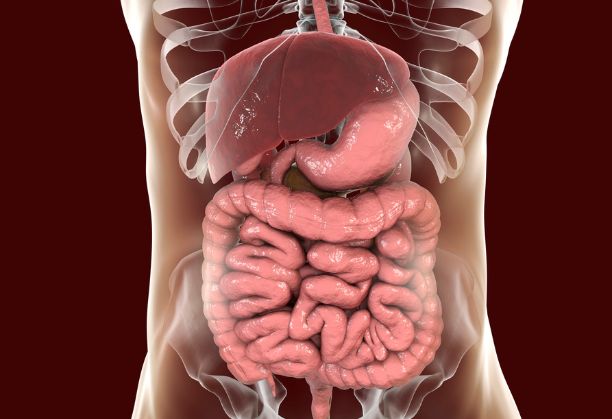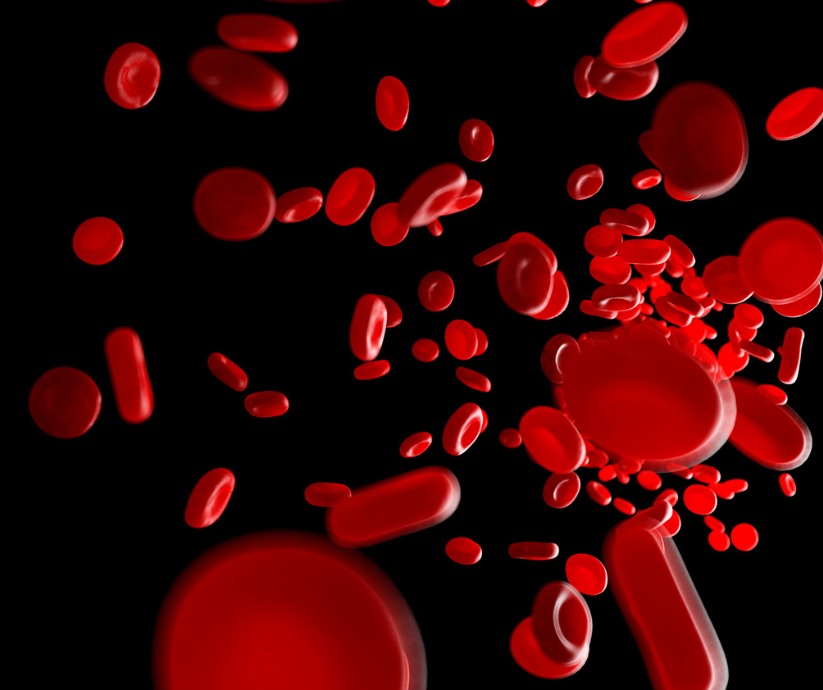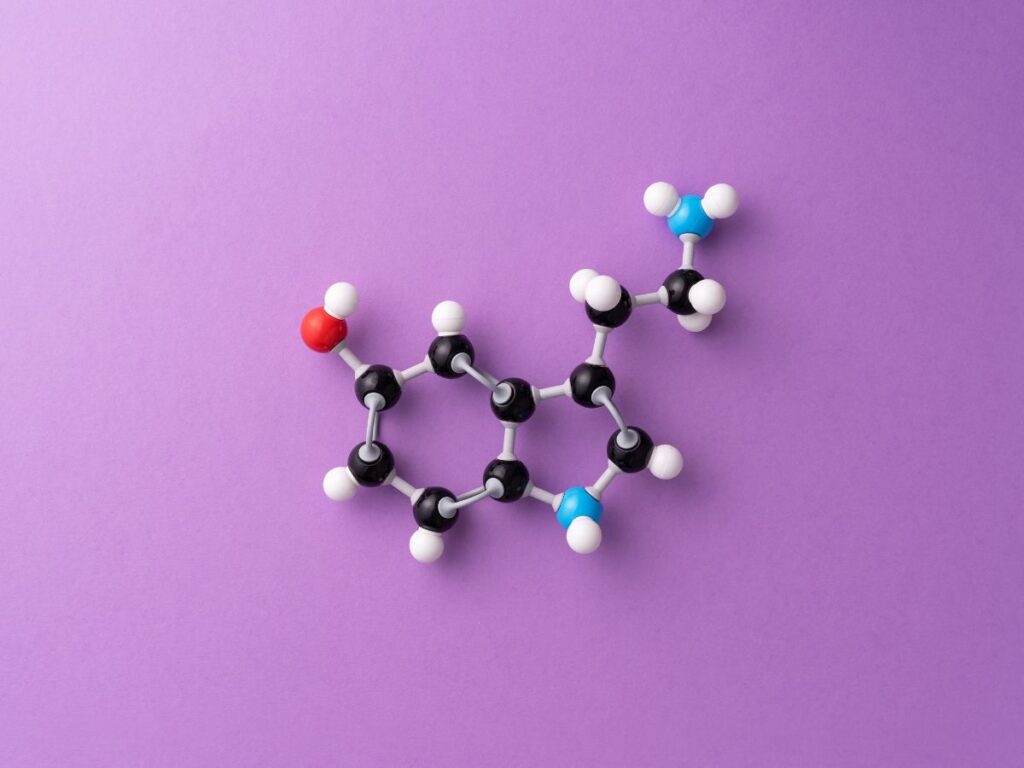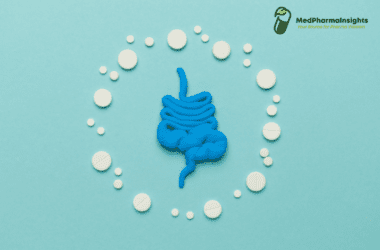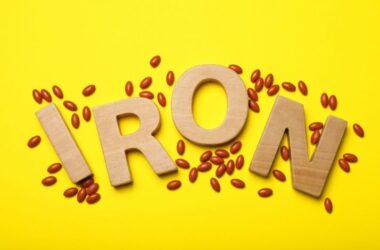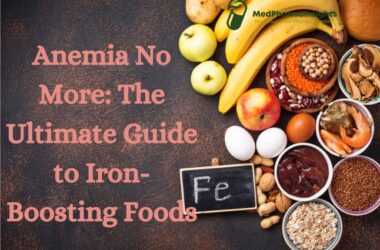Iron plays several vital roles in the body, and it’s essential for overall health. Here are some of the key functions of iron in the body.
Oxygen Transport:
Iron is a critical component of hemoglobin, a protein in red blood cells. Hemoglobin binds to oxygen in the lungs and carries it to tissues and organs throughout the body. This ensures that your cells receive the oxygen they need to function properly.
Energy Production:
Iron is involved in the process of energy metabolism. It helps convert nutrients from the foods you eat into energy that your cells can use for various functions.
Immune System Function:
Iron is necessary for the proper functioning of the immune system. It plays a role in the production of white blood cells, which help the body fight off infections and illnesses.
Cognitive Function:
Iron is also important for cognitive function. It supports brain health and can help maintain alertness and concentration.
o boost your iron intake through food, you can focus on consuming iron-rich foods. There are two types of dietary iron:
Heme Iron:
Found in animal-based foods, heme iron is more readily absorbed by the body. Good sources include:
- Red meat (beef, lamb)
- Poultry (chicken, turkey)
- Fish (especially oily fish like salmon and tuna)
- Shellfish (such as clams, oysters, and mussels)


Non-Heme Iron:
Found in plant-based foods, non-heme iron is less easily absorbed. However, you can enhance its absorption by consuming it with vitamin C-rich foods. Good sources of non-heme iron include:
- Legumes (beans, lentils, chickpeas)
- Tofu
- Fortified cereals
- Spinach and other leafy greens
- Nuts and seeds (such as pumpkin seeds)
To boost iron absorption, consider these tips:
- Pair non-heme iron sources with foods high in vitamin C, like citrus fruits, strawberries, bell peppers, or broccoli.
- Avoid consuming calcium-rich foods or supplements at the same time as iron-rich foods, as calcium can inhibit iron absorption.
- Cooking in cast-iron cookware can increase the iron content of your food, especially when preparing acidic dishes like tomato sauce.
It’s important to note that certain individuals, such as pregnant women and individuals with specific medical conditions, may require more iron than others. If you suspect an iron deficiency or have specific dietary concerns, it’s best to consult with a healthcare provider or a registered dietitian for personalized guidance and, if necessary, iron supplementation.


